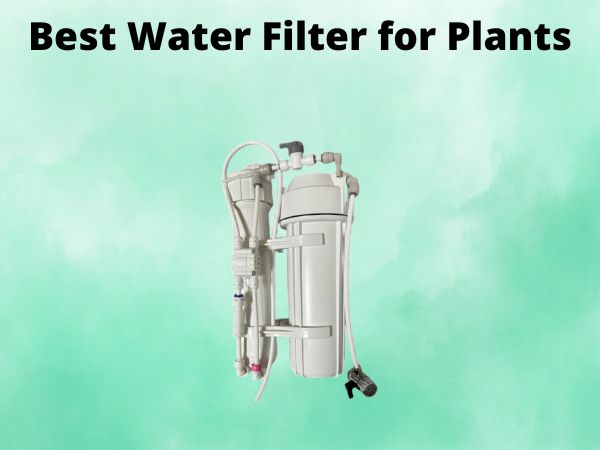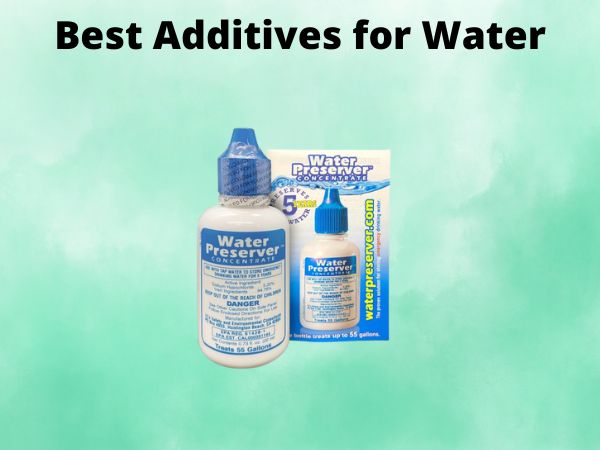How to Determine if Water Pump Is Bad [Signs and Diagnosis]
Is your car heating up too quickly, or is it making strange noises? You might be facing a failing water pump. Figuring out whether your water pump is going bad can be challenging without some know-how and a bit of elbow grease. In this guide, we’ll explore the telltale signs of a failing water pump and how you can diagnose it like a pro.
Table of Contents
Understanding the Role of a Water Pump
The water pump is the heart of your vehicle’s cooling system. Think of it as the circulatory system for your engine. It pushes coolant from the radiator, through the engine, and back again. Without a functioning heart, the system fails, leading to overheating and potential damage. So, how do you know when this vital component is kicking the bucket?
Common Symptoms of a Bad Water Pump
1. Engine Overheating
Does your engine continue to overheat even on a cool day? A failing water pump may not be circulating coolant effectively, resulting in a hot mess under the hood.
2. Coolant Leaks
Spotting a puddle of coolant under your vehicle? That’s a red flag. It’s like finding a leak in your garden hose but with more serious consequences.
3. Weird Noises
If there’s a grinding, whining, or screeching sound coming from the front of your engine, your water pump might be pleading for help. Worn-out bearings commonly cause these noises.
4. Steam from the Radiator
Steam billowing from your radiator is akin to steam rising from a kettle, which screams trouble! This occurs when your engine gets too hot, often as a result of a faulty water pump.
5. Rust and Corrosion
Visible rust or corrosion on your water pump might mean it is nearing the end of its life due to the constant exposure to coolant and air (especially if you’re using cheap coolant or mixing different types).
How to Diagnose a Bad Water Pump
Inspect for Coolant Leaks
Open your hood and start looking for those tell-tale signs of leakage around the water pump and under the vehicle. It’s like hunting Easter eggs—if you find one, it confirms your suspicion.
Check the Water Pump Pulley
Grab a pair of gloves and carefully try to rock the water pump pulley back and forth. It shouldn’t move. If it does, the bearings might be worn out.
Conduct a Coolant Pressure Test
This technique can be a clear indicator of a leak. With the engine off, pressurize the cooling system with a pressure tester. If the pressure doesn’t hold, you’ve found your problem.
Listen for the Sounds
Start the engine and listen closely to the sounds made by the water pump. Earring-splitting squeals or grinding noises are strong signs that the water pump might be on its last legs.
Monitor Overheating Behaviour
Let’s not shy away from using the temperature gauge on your dash. If it rises faster than bread dough, you’ve probably got a failing pump on your hands.
Preventive Measures for Water Pump Longevity
Regular Maintenance
Regular maintenance is akin to visiting the dentist; it might be painless now but can save you a lot of trouble down the road. Make it a habit to check your cooling system components during routine maintenance.
Use Quality Coolant
Invest in good quality coolant to avoid rust, corrosion, and premature wear of your water pump. It’s like eating your greens for a healthier system.
Timely Replacement
Check your vehicle’s manual for replacement intervals and stick to them as if your car’s life depends on it—because it does.
Conclusion
Dealing with a bad water pump can be stressful, but understanding the signs and performing simple diagnostics can be your life-saver. By heeding the warnings and taking preventive measures, you can ensure that your water pump remains in peak condition without unexpectedly giving up the ghost.
FAQs
Why is my car overheating even with a new radiator?
Overheating may still occur due to a faulty water pump, so ensure you check it alongside the radiator to rule out any issues.
How can I prevent my water pump from failing?
Regular maintenance, using quality coolant, and adhering to the manufacturer’s recommendations can significantly prolong your water pump’s life.
Can I drive with a failing water pump?
While you might be tempted to push through, it’s risky. A failing pump can cause significant engine damage if not addressed promptly.
What is the average lifespan of a water pump?
Typically, a water pump should last as long as your vehicle’s timing belt—often between 60,000 to 100,000 miles.
What does a water pump cost to replace?
The cost of replacing a water pump can vary widely based on your vehicle’s make and model, but generally, it ranges from $300 to $750.




